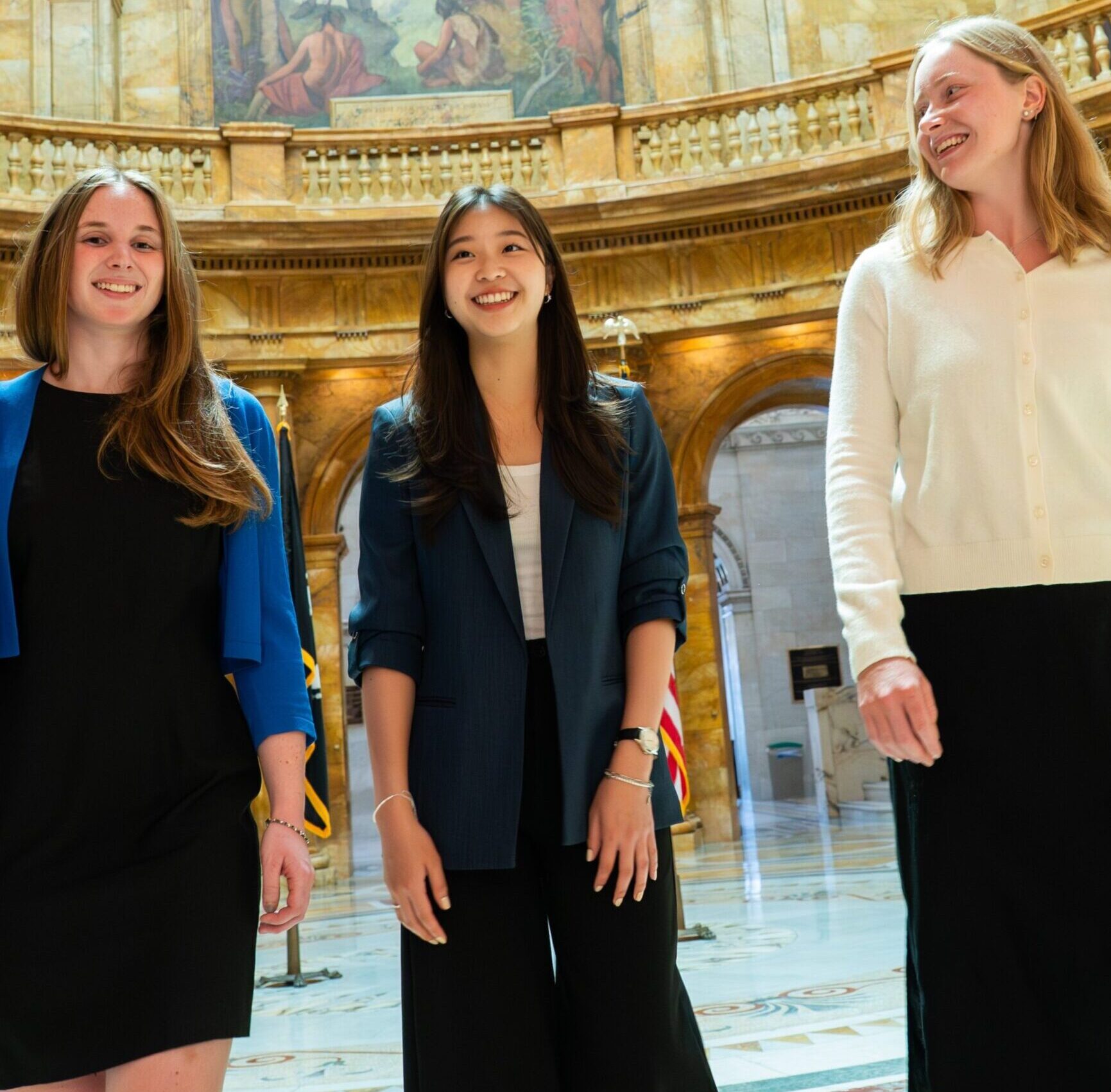The governance of solar geoengineering and human rights
Human rights are often invoked for guiding policy development, especially internationally. Although this occurs in the case of solar geoengineering, it is uncommon to see much beyond a few vague phrases, such as pointing to the need to proceed consistently with human rights. How might human rights help shape the governance of solar geoengineering?

The phrase “human rights” means different things to different people. Here I focus on international human rights law. Countries have made commitments in binding and nonbinding agreements regarding how they will treat their citizens, residents, and others. International human rights law is found primarily in three leading global agreements (the nonbinding Universal Declaration of Human Rights, the International Covenant on Civil and Political Rights, and the International Covenant on Economic, Social and Cultural Rights) and supplemented by topical agreements concerning the rights of children, women, and persons with disabilities as well as regional conventions.
I suggest four general ways in which international human rights law could shape solar geoengineering governance. First, it has provisions for scientific research, which includes current solar geoengineering activities. Scientists have a right to the protection of their “moral and material interests” from their research, which refers primarily to the enforcement of patents. International law also provides for a human right to enjoy the benefits of scientific research. Experts have interpted this to include rights to access science’s benefits without discrimination; to have an opportunity to contribute to scientific research; to participate in science-related decision-making; and to the conservation, development, and diffusion of science and technology.
The second way in which human rights law can inform the governance of solar geoengineering concerns protections for human research subjects. If scientists scale up outdoor activities, and especially if these would have climatic impacts, then the human rights regarding the protection of research subjects could be salient. Here, one central principle is protecting research subjects’ autonomy, in which they must give their prior informed consent in order to participate in an experiment. Yet the traditional notion of consent may not be applicable in nonmedical activities that would affect large groups of people. And even if it were to apply, how to obtain consent for a large group of diverse individuals presents a challenge. The other central principle of research subjects’ human rights is the protection of vulnerable people and groups. At the least, any outdoors solar geoengineering experiment should be based on the best available evidence and methodology, be consistent with widely accepted scientific norms and best practices, and minimize its risks — especially to vulnerable people and groups — relative to potential benefits. Furthermore, because research can provide benefits to its subjects, vulnerable groups should also have equitable access to participate in solar geoengineering research.
The third set of implications of international human rights law for solar geoengineering governance is states’ procedural duties. People have three such general rights: to seek information from their government, to participate in public affairs, and to access legal remedies if their human rights have been violated. In the case of solar geoengineering, these are perhaps the most relevant and enforceable within international human rights law. Here, states must allow their citizens and residents to request relevant information and to participate in some way in related affairs, as well as offer legal recourse if they have not done so. However, these procedural rights remain vague and, in the environmental context, more expansive versions have been agreed upon by states: rights to have access to information, to participate meaningfully in decisions that affect them, and to access legal remedies if they have been harmed. Nevertheless, because these are given in the non-binding Rio Declaration [PDF], such claims’ legal status is uncertain.
Fourth and finally, the international law of substantive human rights may inform the governance of solar geoengineering. These are claims that the state should ensure the provision of certain things of economic, social, and cultural value. These include rights to the highest attainable standard of physical and mental health, to be free from hunger, to education, and to take part in cultural life. Importantly, the actual provision of such “positive rights” is difficult for states to guarantee because doing so is costly, while states have limited resources. Regardless, could solar geoengineering help protect people’s substantive human rights from climate change’s impacts, or might it undermine these rights? If the former, should they research, develop, and even implement solar geoengineering? If the latter, should states cooperate to prevent the activities? Currently, such talk largely remains speculation. Models indicate that the judicious implementation of solar geoengineering could greatly reduce climate change impacts. Solar geoengineering might thus offer a means to protect substantive human rights. Models also indicate that, under other scenarios, it would pose risks of its own to humans. Furthermore, whether and how solar geoengineering would affect human rights depends not only on expected climatic and environmental impacts but also on associated decision-making, particularly by states.
The relationship between the governance of solar geoengineering and human rights is complex. In a chapter in my recent book The Governance of Solar Geoengineering: Managing Climate Change in the Anthropocene I provide some more detail. Yet even this is constrained because of international human rights law’s vagueness, of challenges to human rights’ enforcement in general and their interpretation in the climate change context, and because of lingering uncertainty concerning solar geoengineering.
Jesse Reynolds is an Emmett / Frankel Fellow in Environmental Law and Policy at the Emmett Institute on Climate Change and the Environment at the University of California, Los Angeles School of Law. He is also a research affiliate at Harvard’s Solar Geoengineering Research Program and, most recently, the author of The Governance of Solar Geoengineering: Managing Climate Change in the Anthropocene (Cambridge, 2019). See his website and Twitter feed.









